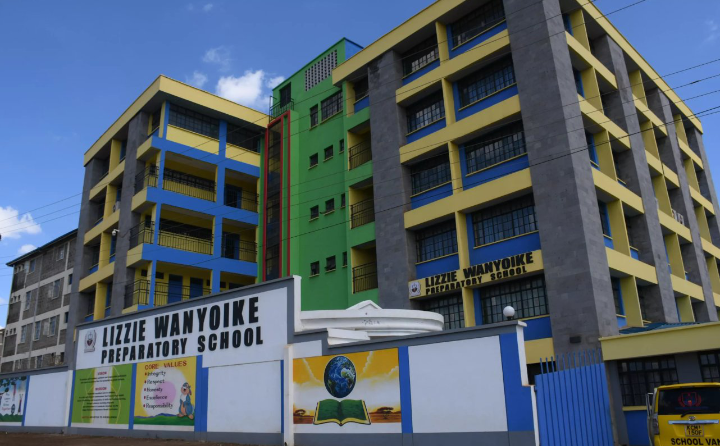Lizzie Wanyoike School has announced the elimination of Saturday rest days for its learners.
This decision has generated considerable disquiet among students, parents, and educators, raising questions about the potential impact on the well-being and academic performance of the students.
The school administration justifies this policy change by emphasizing the need for increased instructional time to cover an expanding curriculum.
They argue that additional Saturday classes will provide students with a competitive edge, ensuring they are better prepared for national exams and future academic pursuits.
Proponents within the administration believe that the rigorous schedule will enhance the school’s reputation for academic excellence and produce well-rounded, knowledgeable students.
However, the move has not been universally welcomed.
Many parents and students have expressed concerns about the physical and mental health implications of such a demanding schedule.
Critics argue that the lack of a Saturday break deprives students of essential rest and relaxation, which are crucial for maintaining their overall well-being.
They highlight the potential for increased stress and burnout among students, which could ultimately undermine their academic performance.
Educators are also divided on the issue. Some teachers worry about the added workload and the potential negative impact on their own work-life balance.
They argue that effective teaching requires well-rested and motivated instructors, and fear that the new policy might lead to diminished enthusiasm and productivity in the classroom.
Moreover, child psychologists have weighed in, emphasizing the importance of rest and recreational activities for the holistic development of children.
They argue that unstructured playtime and family interactions on weekends are vital for developing social skills, creativity, and emotional resilience.
In response to the backlash, the school administration has scheduled a series of meetings with parents and stakeholders to address concerns and discuss possible adjustments to the new schedule.
They have also promised to closely monitor the effects of this policy change on students’ academic performance and well-being, and to make data-driven decisions moving forward.
The controversy at Lizzie Wanyoike School underscores a broader debate in the education sector about the balance between academic rigor and student well-being.
As schools strive to equip students with the knowledge and skills needed for future success, they must also consider the holistic development and mental health of their learners.
The outcome of this policy shift at Lizzie Wanyoike School will likely be watched closely by educators and policymakers, serving as a potential case study for similar initiatives in other institutions.





















Add Comment